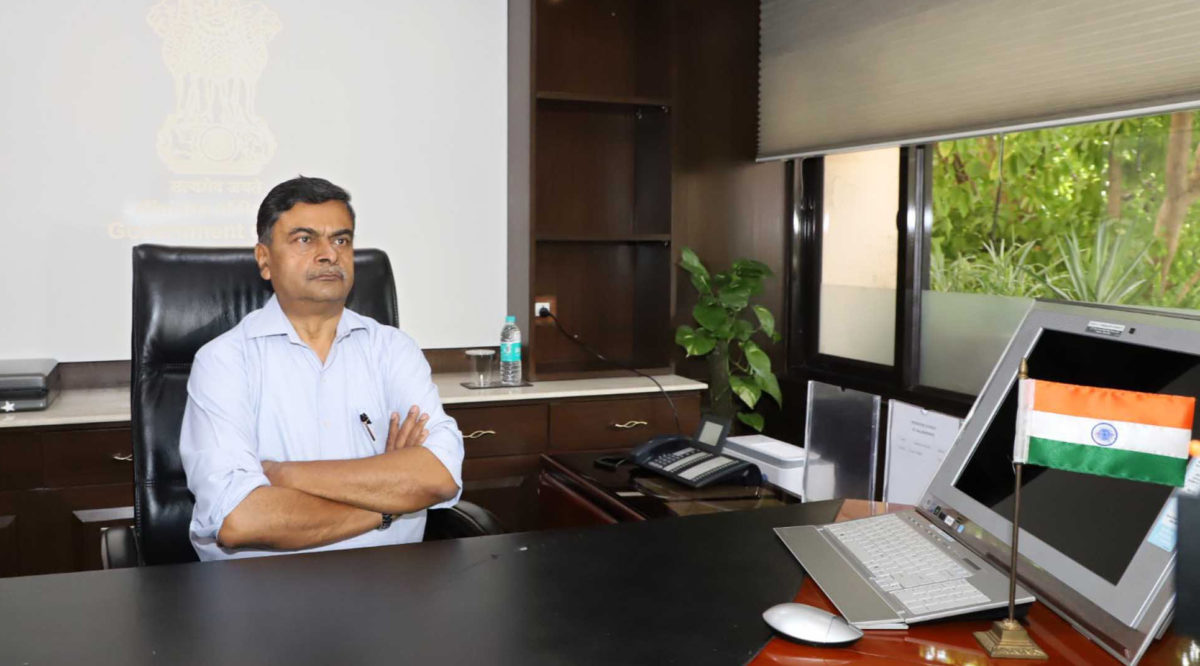Power and new & renewable energy minister R.K. Singh has pitched for removal of priority-sector lending limit for renewable sector. He also asked the banks and financial institutions to categorize renewable as a separate sector different from power sector so that funds could flow to renewable projects.
The minister made these remarks in a meeting with representatives from finance ministry, banks and financial institutions, and the industry, wherein issues related to lending, tariffs, land acquisition and GST were discussed. During the meeting, he also announced the launch of a pilot project to promote solar based cooking in households.
In the meeting, it was decided that the Ministry of New and Renewable Energy (MNRE) would follow up with the Reserve Bank of India (RBI) for removal of the priority-sector lending limit for renewable sector. This will encourage public-sector banks to lend more for RE projects and help renewable energy developers access easy finance.
Low tariffs not an aberration
The minister said that current tariff rates discovered are viable as the maintenance/running cost of renewable projects is very less in long run.
“With time, the cost of renewable energy technology is coming down, whereas the efficiency of renewable energy equipment is improving day by day,” he added while stressing that the low tariffs are not an aberration.
Land acquisition
On the issue of delays in land acquisition for renewable energy projects, the minister said that Solar Energy Corporation of India (SECI) will tie up with state governments for the land. As the land will be on lease, there won’t be any upfront payment for the land. The SECI will also tie up transmission while floating bids. The minister also asked banks/financial institutions to tie up with SECI for offering predetermined loans to successful bidders.
GST
Discussions were held about the GST issues on renewable energy equipment/components and the Department of Revenue was requested to place an appropriate proposal before the GST council. The issue of inverted duty structure was also discussed.
Laying emphasis on promoting Make In India, the Minister said the government would consider corrections of duty structure and approval of a scheme to provide capital subsidy.
This content is protected by copyright and may not be reused. If you want to cooperate with us and would like to reuse some of our content, please contact: editors@pv-magazine.com.









By submitting this form you agree to pv magazine using your data for the purposes of publishing your comment.
Your personal data will only be disclosed or otherwise transmitted to third parties for the purposes of spam filtering or if this is necessary for technical maintenance of the website. Any other transfer to third parties will not take place unless this is justified on the basis of applicable data protection regulations or if pv magazine is legally obliged to do so.
You may revoke this consent at any time with effect for the future, in which case your personal data will be deleted immediately. Otherwise, your data will be deleted if pv magazine has processed your request or the purpose of data storage is fulfilled.
Further information on data privacy can be found in our Data Protection Policy.